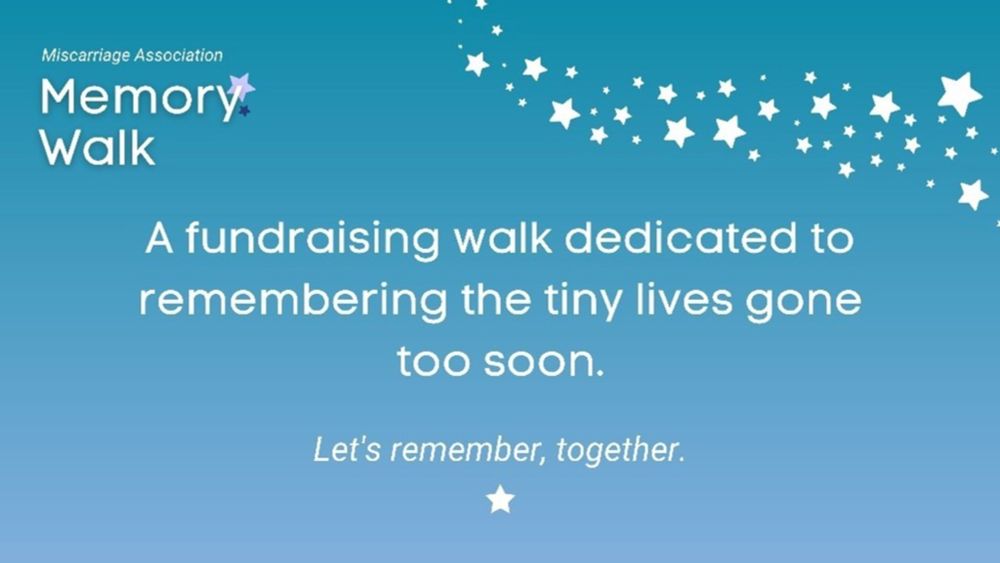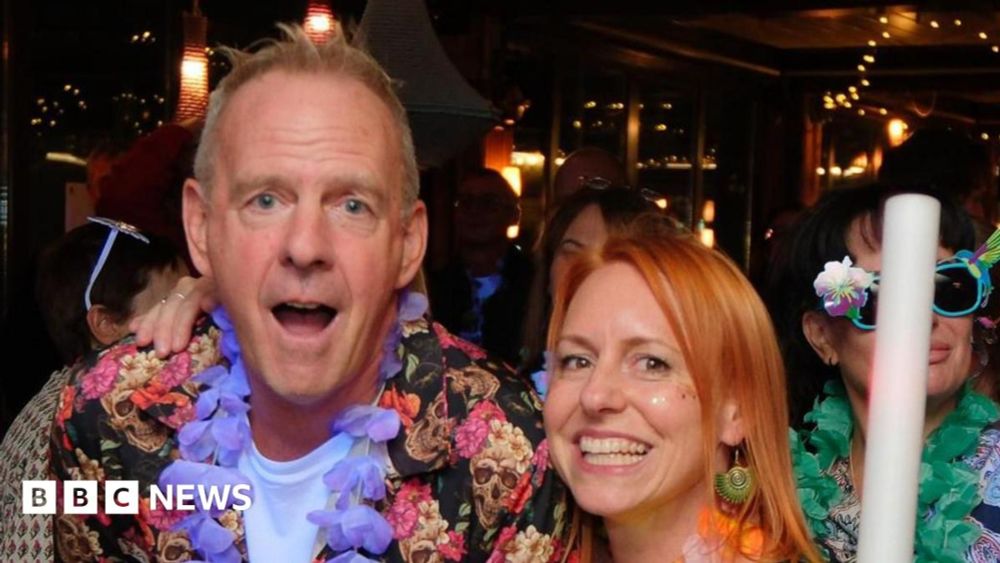Petra Boynton
@petraboynton.bsky.social
2.7K followers
3.1K following
3.5K posts
#Safety and #wellbeing advocate and creator of the #PEEPSS Model.
Social Psychologist. #Methodologist. Sometime #AgonyAunt. Advice giving as praxis. Critical #MentalHealth. Lives by the sea.
Come for a #ResearchTip, maybe ask a question, stay for cat pics
Posts
Media
Videos
Starter Packs
Reposted by Petra Boynton
Reposted by Petra Boynton
Reposted by Petra Boynton
Reposted by Petra Boynton
Reposted by Petra Boynton
















